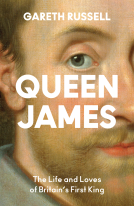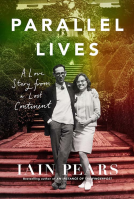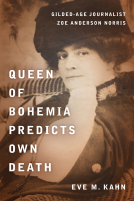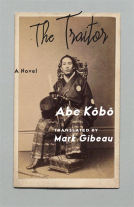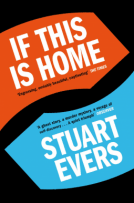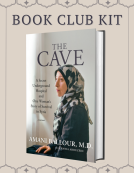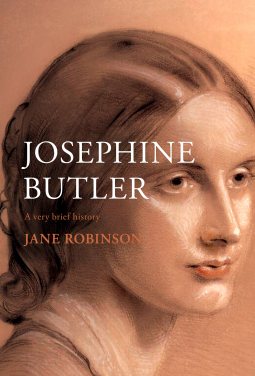
Josephine Butler
A Very Brief History
by Jane Robinson
This title was previously available on NetGalley and is now archived.
Send NetGalley books directly to your Kindle or Kindle app
1
To read on a Kindle or Kindle app, please add kindle@netgalley.com as an approved email address to receive files in your Amazon account. Click here for step-by-step instructions.
2
Also find your Kindle email address within your Amazon account, and enter it here.
Pub Date 15 Oct 2020 | Archive Date 14 Oct 2020
SPCK | SPCK Publishing
Talking about this book? Use #JosephineButler #NetGalley. More hashtag tips!
Description
When Josephine Butler died in 1906, she was declared by Millicent Fawcett to have been 'the most distinguished Englishwoman of the nineteenth century'. With impassioned speeches and fiery writing, Butler's campaigns for women's rights shook Victorian society to its core and became a force for change that has shaped modern Britain.
As well as campaigning for women's suffrage and for married women's property rights she was a tireless advocate of women's access to higher education and of equality in the workplace. Her greatest achievement was to change social attitudes to women and children forced into prostitution, and to expose the sex-trafficking business - both of which resulted in new, more humane legislation.
But how did the physically frail wife of a schoolmaster become a leading social reformer? In this brief introduction Jane Robinson explores Butler's fascinating life and describes how her progressive politics, her anger at injustice and her passionate Christianity combined to create a vibrant legacy that lasts to this day.
Advance Praise
‘This is an important book about a social reformer of the Victorian era in danger of being forgotten. . . . A story of a woman who defied what was expected of her to make a difference – told in a wonderfully engaging way.’
Helen Pankhurst, author of Deeds not Words: The story of women's rights then and now
‘Josephine Butler challenged the contempt levelled at women who sold sex, and the unjust laws passed and enforced by men to punish them. Sharp, authoritative and eye-opening.’
Helen Lewis, journalist and author of Difficult Women: A history of feminism in 11 fights
‘A brilliantly readable account of the remarkable Josephine Butler, who turned the Victorian patriarchy on its head and changed the world for women at immense personal cost. If there is a canon of feminist heroines, Butler should be right at the top.'
Daisy Goodwin, novelist, screenwriter and author of Victoria
Available Editions
| EDITION | Other Format |
| ISBN | 9780281080625 |
| PRICE | $21.99 (USD) |
| PAGES | 128 |
Links
Average rating from 3 members
Readers who liked this book also liked:
Philip Hoare
Arts & Photography, Biographies & Memoirs, Nonfiction (Adult)
Pirkko Saisio
Biographies & Memoirs, General Fiction (Adult), Literary Fiction
We Are Bookish
Biographies & Memoirs, Health, Mind & Body, Nonfiction (Adult)


